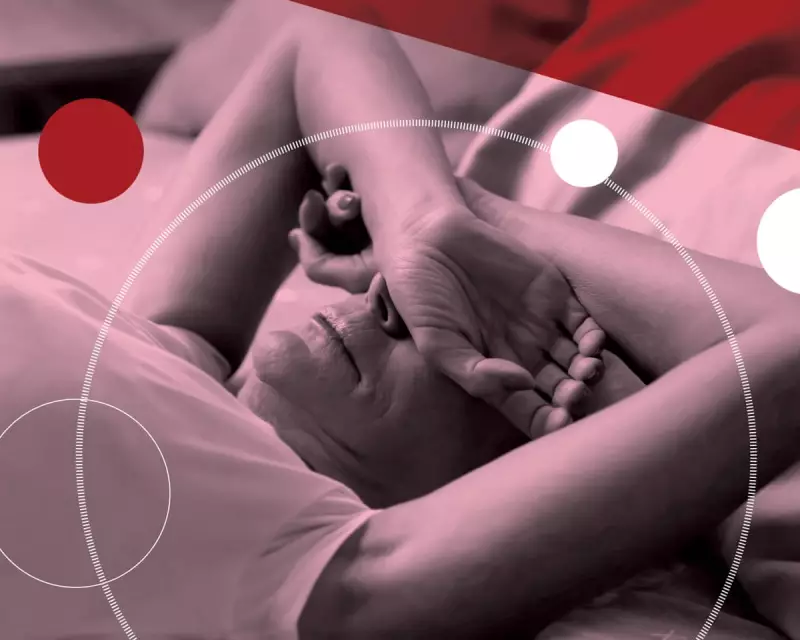
For many women, the experience of a vaginal orgasm is a profound and integral part of their sexual identity. So what happens when that powerful, connective pleasure suddenly disappears? This isn't just a personal quandary; it's a silent epidemic affecting countless women who are often too embarrassed to seek help.
Beyond the Bedroom: The Complex Web of Causes
The disappearance of orgasms is rarely about one single thing. It's typically a perfect storm of physiological and psychological shifts.
The Hormonal Rollercoaster: Perimenopause and menopause are prime suspects. The decline in oestrogen can lead to vaginal dryness and thinning tissues (atrophy), making intercourse less sensation-filled and even painful. Testosterone, crucial for libido, also dips, dampening desire itself.
The Mental Load: Stress is a notorious pleasure killer. The cortisol it releases directly suppresses sexual arousal. Anxiety, body image issues, unresolved relationship tensions, or simply the mental exhaustion of modern life can all build a wall between you and orgasm.
Medication & Lifestyle: Common antidepressants (SSRIs), the contraceptive pill, and other medications can have libido-dampening side effects. Lifestyle factors like alcohol consumption, lack of sleep, and insufficient exercise also play a significant role.
Reclaiming What's Yours: A Practical Roadmap
The good news? This loss is often reversible. Reconnecting with your body requires a multi-faceted approach, combining self-exploration, communication, and professional guidance.
1. Start with a Medical Check-Up
Your first port of call should be a empathetic GP or a menopause specialist. They can check hormone levels, discuss Hormone Replacement Therapy (HRT) – including topical oestrogen for vaginal health – and review medications. This rules out or addresses underlying biological causes.
2. Rediscover Your Body Solo
Relearn your body's map without the pressure of a partner. Use a good-quality lubricant and consider introducing a vibrator designed for internal stimulation. This isn't about replacing a partner; it's about rebuilding your own neural pathways to pleasure and understanding what feels good now.
3. Redefine Intimacy with Your Partner
Open a dialogue. Shift the goal of sex away from the 'performance' of orgasm and towards mutual pleasure and connection. Explore sensate focus exercises, extended foreplay, and other forms of intimacy that take the pressure off. A couples therapist or sex therapist can be invaluable here.
4. Embrace Mindfulness and Self-Care
Techniques like mindfulness and yoga can reduce stress and help you stay present in your body during sex, quieting the anxious mind that so often blocks arousal. Prioritising sleep, nutrition, and movement is not cliché; it's foundational for hormonal balance and energy.
Remember, you are not broken. The path back to pleasure is a journey of rediscovery, not a race. By approaching the issue with curiosity and compassion for yourself, you can unlock a new, and perhaps even deeper, chapter of your sexual life.





